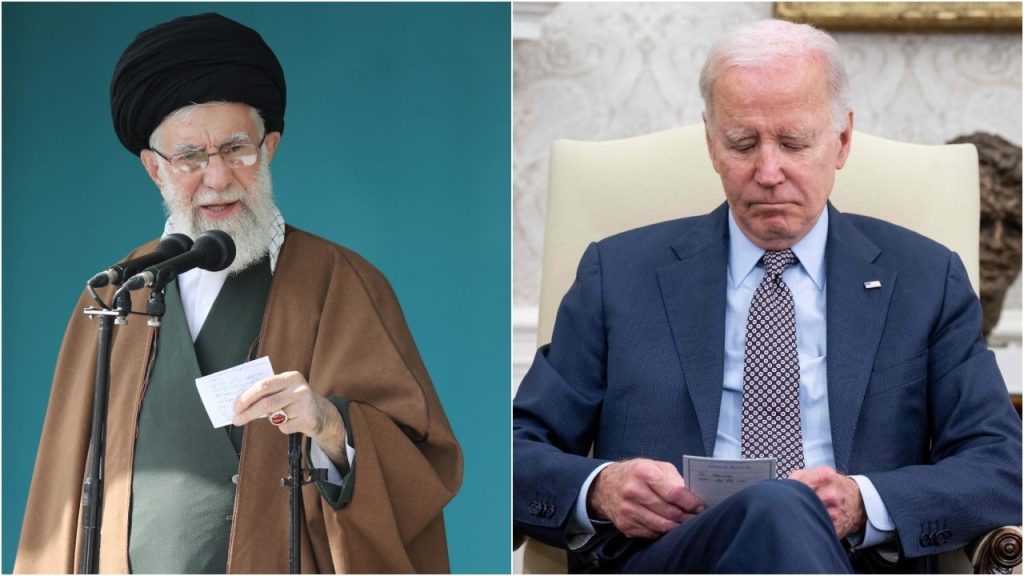The Islamic Republic of Iran has retaliated against the Biden administration’s support of a mild U.N. watchdog agency rebuke of Iran for its covert illicit nuclear weapons program. The U.N.’s International Atomic Energy Agency (IAEA) reported that Iran has begun feeding uranium into three cascades of advanced IR-4 and IR-6 centrifuges at its Natanz enrichment facility, enriching uranium up to 2% purity. This move has raised concerns about Iran’s capability of building a nuclear bomb, with Israel’s former Defense Minister warning of a potential Holocaust in the next two years. The U.S. State Department has criticized Iran’s nuclear program, calling it a threat to international security and emphasizing the need for a peaceful resolution.
However, there are differing opinions on how the U.S. should respond to Iran’s nuclear activities. Some experts believe that the U.S. response has been delayed and ineffective, allowing Iran to advance its nuclear program. There are calls for more aggressive enforcement of sanctions and military threats to deter Iran’s nuclear ambitions. The State Department has expressed grave concerns about Iran’s nuclear program and its failure to demonstrate peaceful intentions. The U.S. continues to work with allies and the international community to increase pressure on Iran through sanctions, deterrence, and isolation to prevent Iran from obtaining a nuclear weapon.
Iran’s nuclear program has been a subject of contention since the collapse of the 2015 nuclear deal with world powers. The Trump administration withdrew from the accord in 2018, accusing Iran of violating the terms and using the deal to pursue nuclear weapons. Since then, Iran has continued to enrich uranium just below weapons-grade levels, with plans to install more advanced centrifuges at its nuclear facilities. Despite international pressure, Iran remains committed to its nuclear safeguards and refuses to bow to pressure from the U.S. and Western countries. The situation remains tense, with concerns about Iran’s nuclear ambitions and the need for a diplomatic solution.
The U.S. State Department has reiterated its commitment to preventing Iran from obtaining a nuclear weapon and working towards a sustainable and effective solution with the international community. There are discussions about imposing new sanctions on Iran’s regime and increasing pressure through various means to counter Iran’s destabilizing behavior. The U.S. remains firm in its stance against Iran’s nuclear activities and emphasizes the importance of full cooperation with the IAEA to ensure that Iran’s program remains exclusively peaceful. The international community faces a critical inflection point in 2025, which will determine the future of Iran’s nuclear program and global security.
In light of Iran’s continued expansion of its nuclear program and installation of more advanced centrifuges, the U.S. and its allies are ramping up efforts to address Iran’s nuclear threat. There are calls for a more robust response to Iran’s nuclear activities, including increased sanctions and military deterrence. The U.S. has made it clear that it will not allow Iran to obtain a nuclear weapon and will work with international partners to address Iran’s destabilizing behavior. The situation remains fluid, with ongoing discussions about the best approach to deal with Iran’s nuclear ambitions and ensure regional security.


